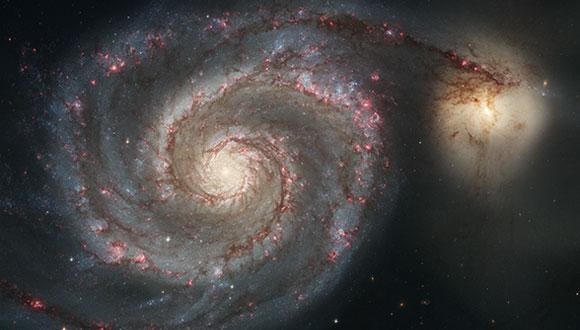Astronomy & Astrophysics Seminar: Probing general relativity, alternative theories of gravity, and relativistic geodesy with atomic clocks
Dr. Ruxandra Bondarescu, U. of Zurich
Abstract:
I will discuss the applicability of atomic clocks to test general relativity and alternative theories of gravity for planned missions such as the Gravitational Redshift Explorer (GRESE). We assume that the spacecraft that orbits the Earth is tracked using the observed tick rate of its clock, which is then compared to the tick rate of a local clock on the ground. The spacecraft's reconstructed 4-D trajectory can reveal the nature of gravitational perturbations in the gravitational field of the Earth testing multiple relativistic effects such as frame dragging and shapiro time delay, and potentially differentiating between different theories of gravity via Parametrized Post-Newtonian Parameters (PPN). On the ground, clocks along with the most recent optical fiber technology measure ground uplift at a precision that competes with existent technology (e.g, GPS, gravimeters). This monitoring has a plethora of applications, which include closer monitoring of the solid Earth tide in areas where hydraulic fracturing is performed, and potentially better monitoring of areas with high seismic and volcanic activity.
Seminar Organizer: Prof. Rennan Barkana


